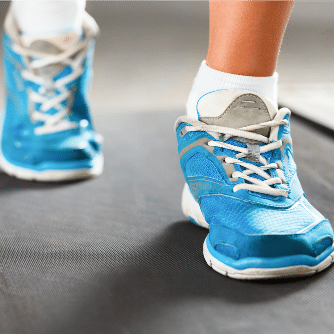The alarming rates of obesity, coupled with an average workweek in the US of 47 hours, spurs interest in innovative ways to promote a healthier work environment. Michael Sliter, from Indiana University-Purdue University Indianapolis (Indiana, USA), and colleagues assessed 180 subjects for boredom, task satisfaction, stress, arousal, and performance while completing work-related computer tasks across four randomly assigned workstations: seated, standing, cycling or walking. The researchers found walking workstation participants had higher satisfaction and arousal, while experiencing less boredom and stress than the standing and sitting workstation participants. In comparison, the cycling workstation related to reduced satisfaction and performance. Observing that: “walking workstations might have psychological benefits to individuals, regardless of [body mass index] and exercise habits,” the study authors submit that: ”The results of this study are a preliminary step in understanding the work implications of active workstations.”




